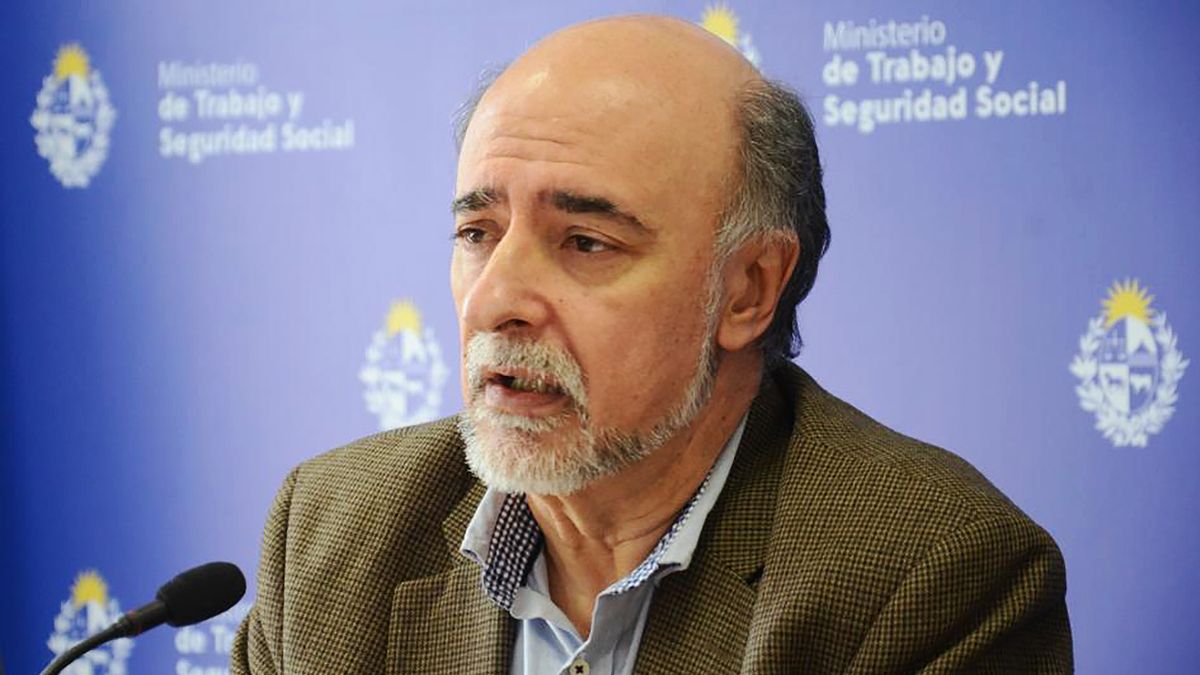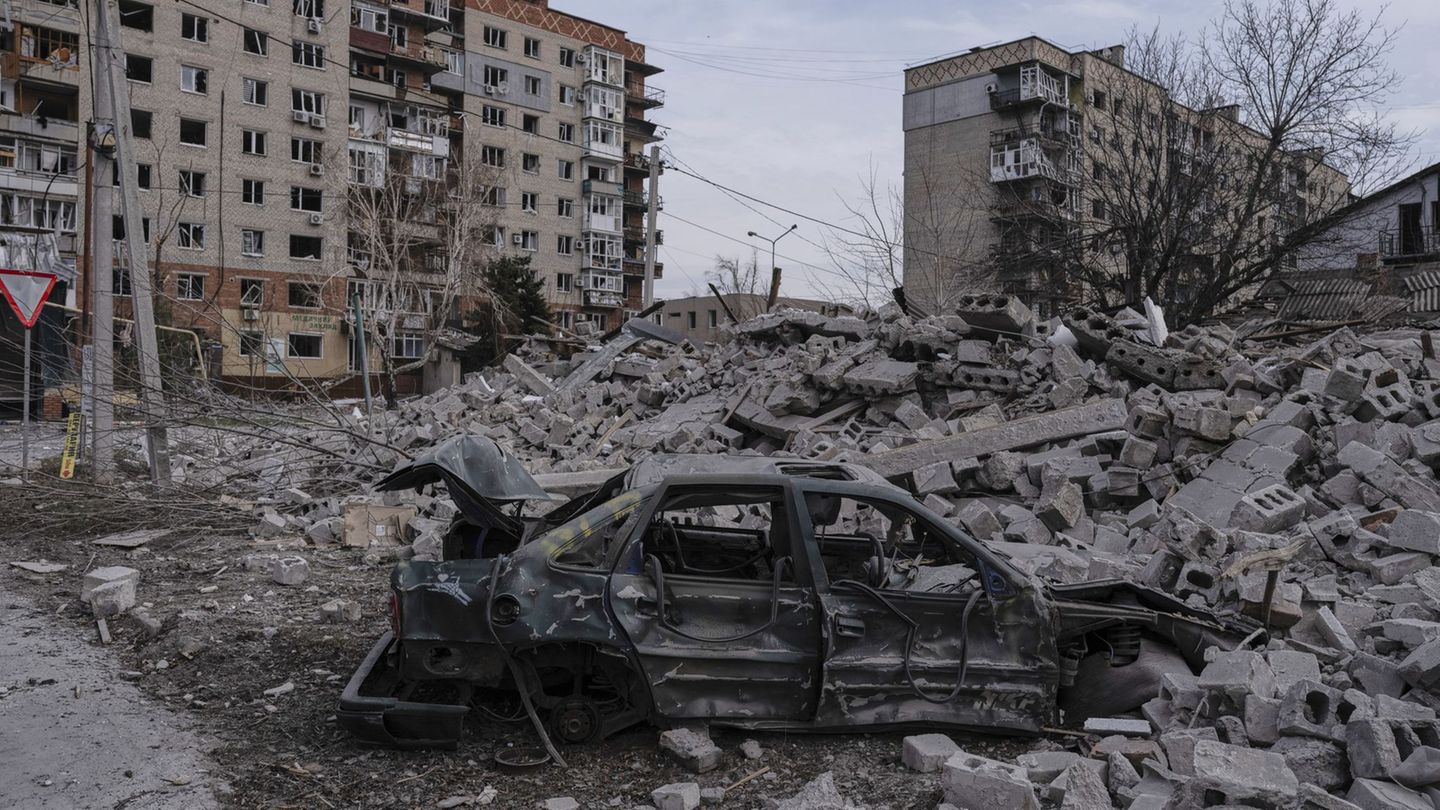The minister of Work and Social Security (MTSS), Pablo Mierespointed out that the responsibility that the reform of the Retirement and Pension Fund for University Professionals (Cjppu) of Uruguay did not obtain approval in Parliament due to the Broad Front (FA) and Open Town Hall (CA); and that these parties are responsible for not having been able to provide a solution to the crisis that the institution is going through within the constitutional deadline for it.
The reform project of the Professional Boxwhich sees in its near future the exhaustion of its reserves and the impossibility of paying the corresponding liabilities, was shipwrecked in the Chamber of Deputies after he obtained just 40 votes out of 95, without reaching the necessary majority. The missing votes were, mainly, in the lobbying group, although the government also points to the Broad Front’s responsibility.
For Mieres, “the government made every effort to make the reform a reality,” talking with the Caja, preparing the bill, listening to the different actors and even incorporating requested modifications. “But unfortunately Cabildo Abierto and the Frente Amplio decided not to vote,” he told Montevideo Portal, adding that “they will be the responsible for not giving a solution to something that clearly already existed before we took office.”
Why were the votes from the Open Council missing?
According to Mieres, the party led by senator Guido Manini Ríos I intended that the contribution of assets was less than that proposed in the bill – with the counterpart of greater assistance from the State-, and this was the point of main disagreement, which finally led to CA not giving its votes for the reform. “There was a problem of financing, and in these conditions the solution becomes unfeasible,” explained the head of the MTSS in this regard.
In this sense, he would have been the same president Luis Lacalle Pou the one who closed the doors to the lobbyist’s request personally, conveying to them the final position of the Executive Branch regarding the requested modifications.
Meanwhile, the Professionals Fund will have to wait for the next legislature to obtain its reform, since the project modified more than 27 articles of the Law 17,738 2004 (Organic structure of the Retirement and Pension Fund for University Professionals); which is why the deadline to incorporate the changes is until October 27 – a period of up to one year before the next general elections, indicated in the Constitution.
What will happen to the crisis of the Professionals Fund?
After the failure of the project, the deputy Conrado Rodríguez (Colorado Party) He assured that “unfortunately the Professionals Fund is now going to have to eat up the reserves”, which are expected to last until 2025.
“This is going to put the fund itself and the professionals themselves in a very difficult situation, who will not have the certainty, the guarantee, of what is going to happen,” lamented the legislator.
From the institution they warned that the Fund loses about 2 million dollars per month due to a greater amount of expenses than income, so this situation would become unsustainable towards mid-2025.
The board of directors assured months ago that the changes are necessary and essential to carry out the coming years, in which a growing number of retirees is projected while currently 10% of active members are between 55 and 59 years old; and another 10% in practice are between 50 and 54 years old; while 20% of the Fund’s retirees are 80 years old or older.
However, the vice president of the University Group of Uruguay, Juan Carlos Canabal, some time ago, spoke out against the proposal and clarified that the critical scenario “instead of being as projected by the Executive power by 2025, it could happen sooner.”
Source: Ambito




